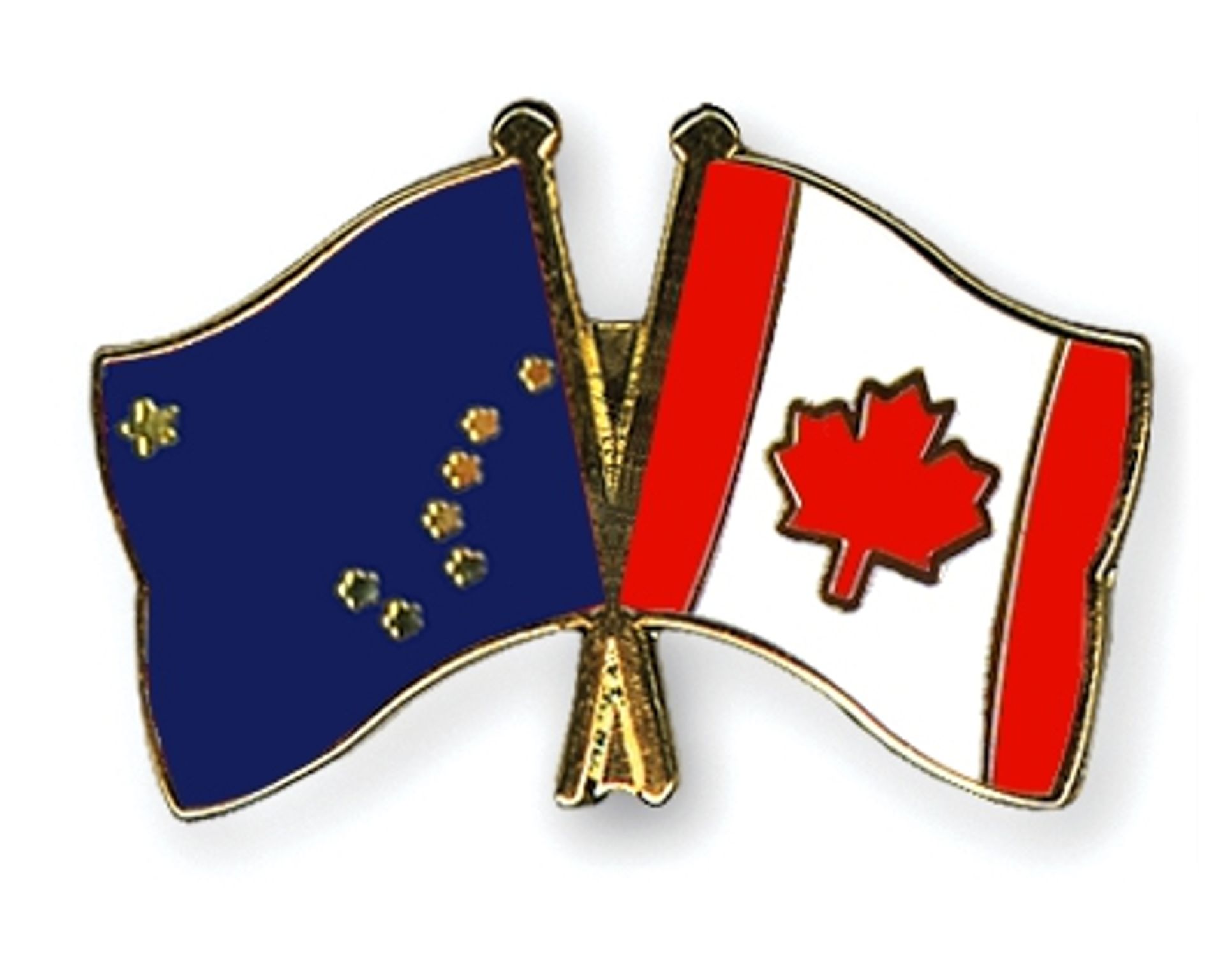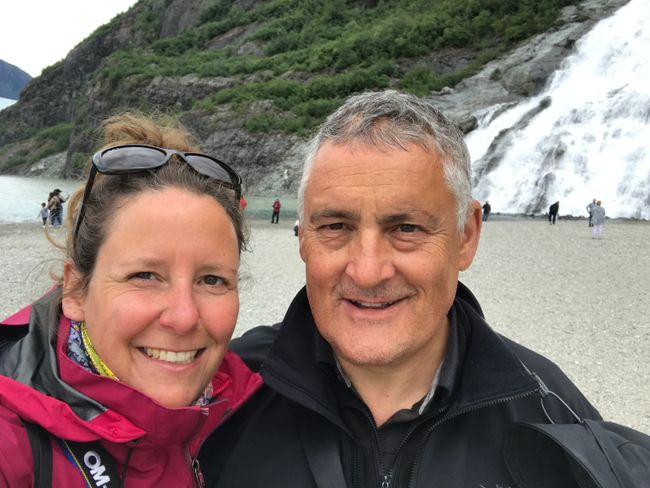Charlevoix, Les Éboulements (22-29.12.2018)
已发表: 26.12.2018
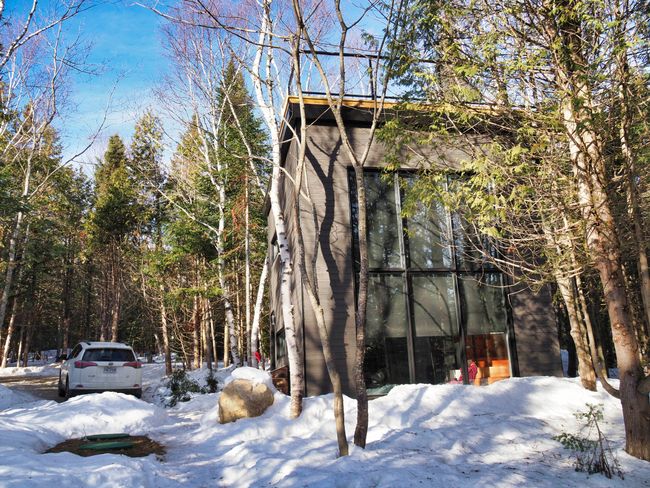
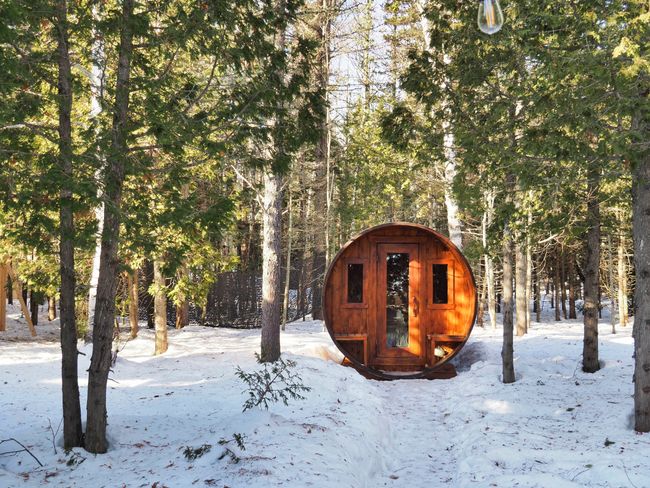
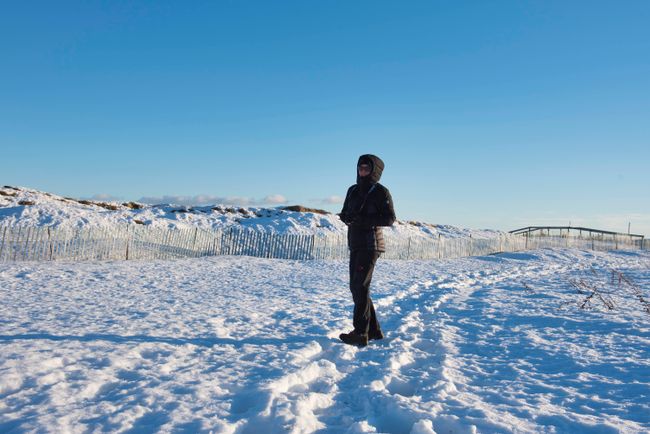
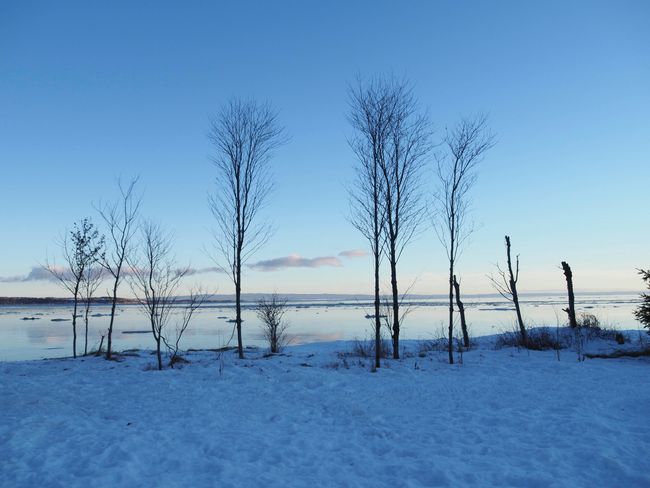
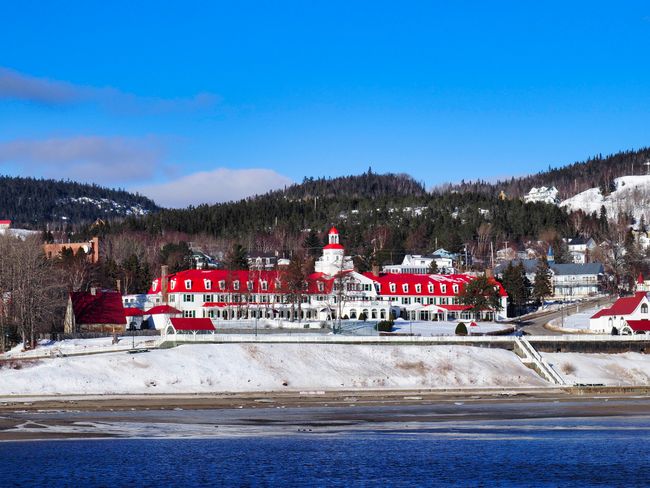
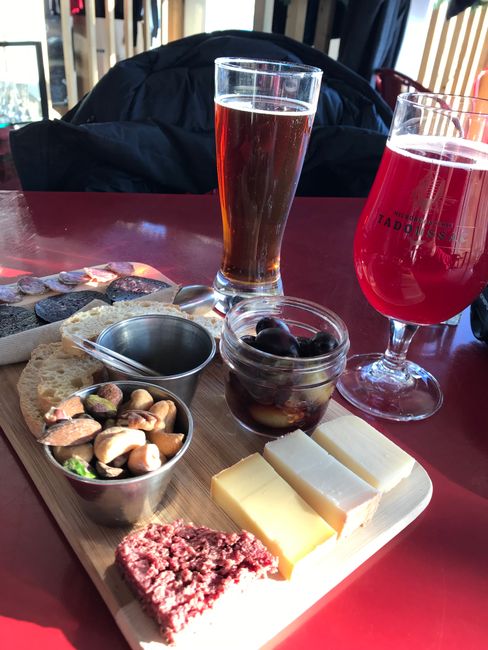
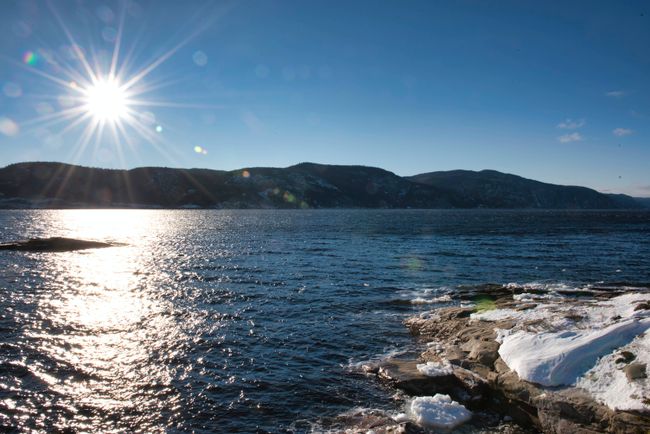
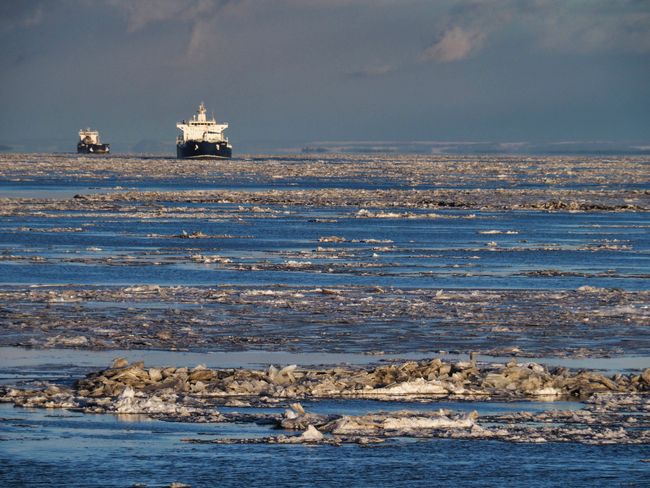
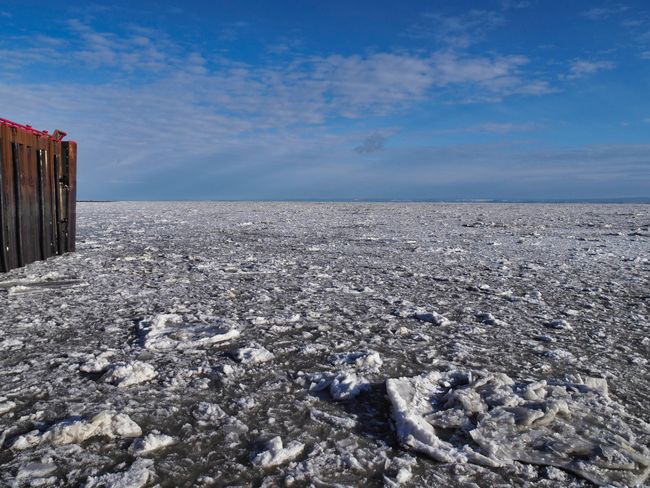
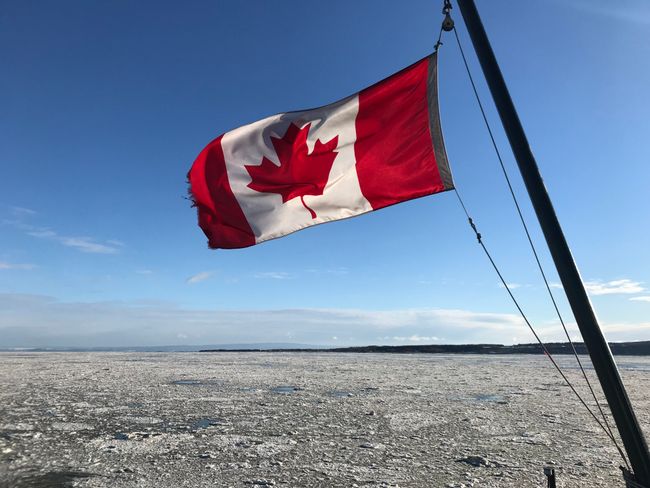
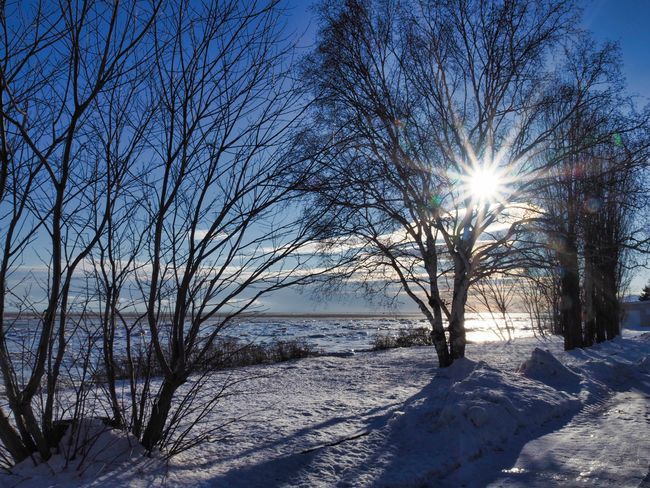
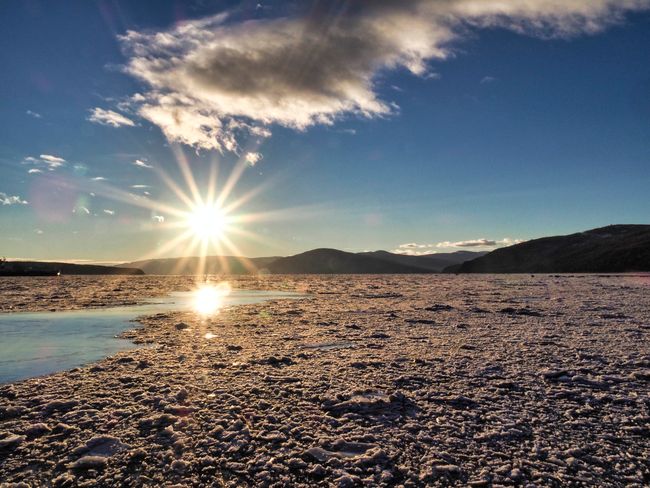
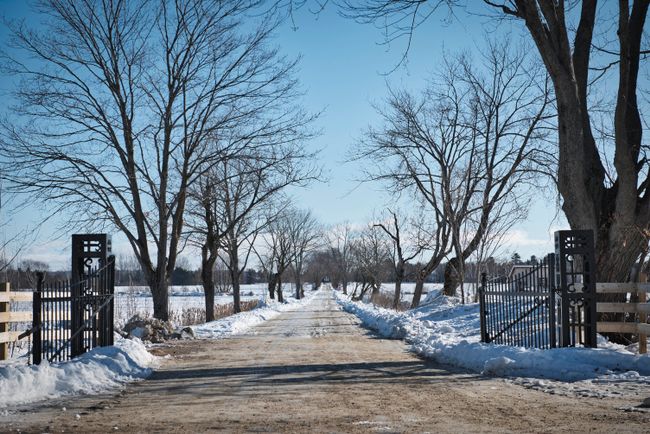
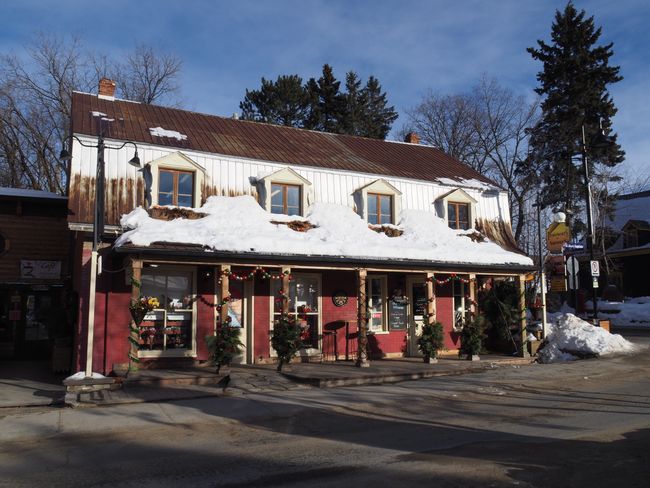
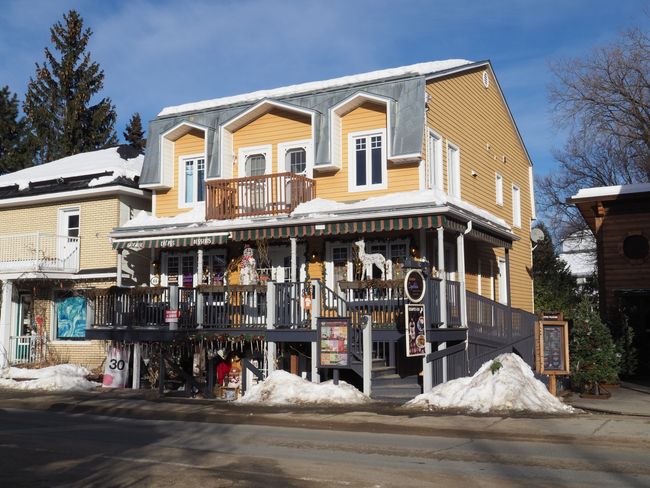
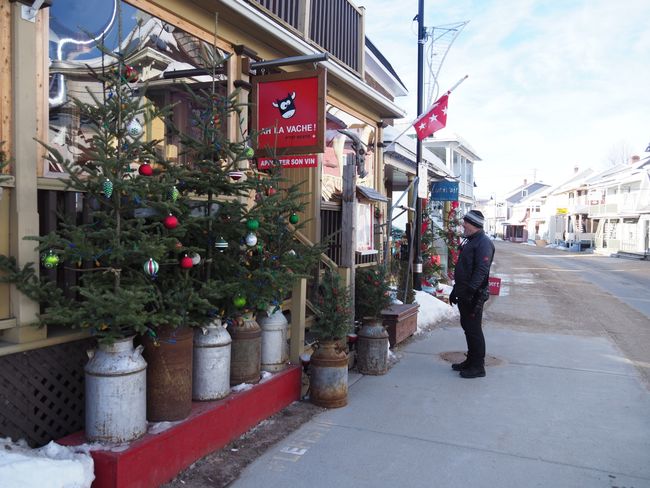
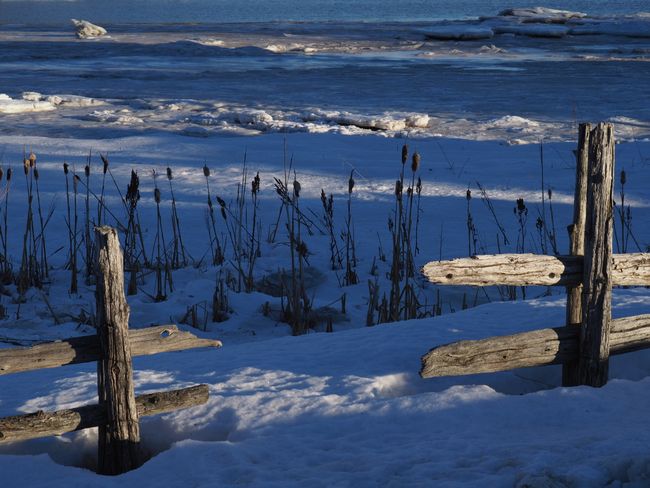
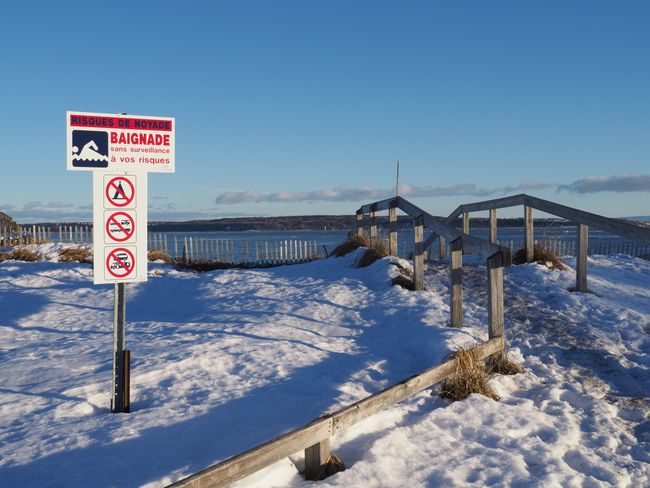
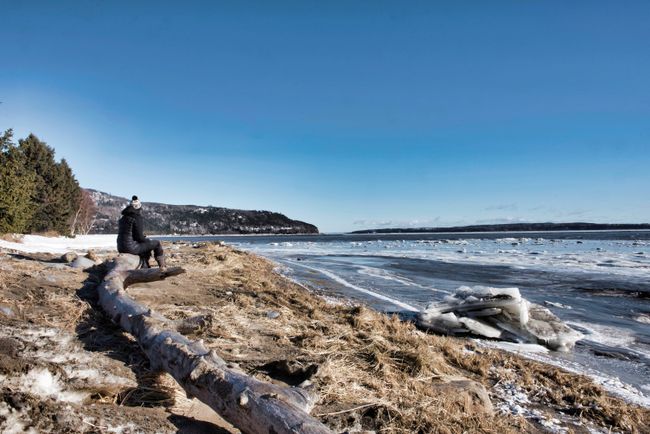
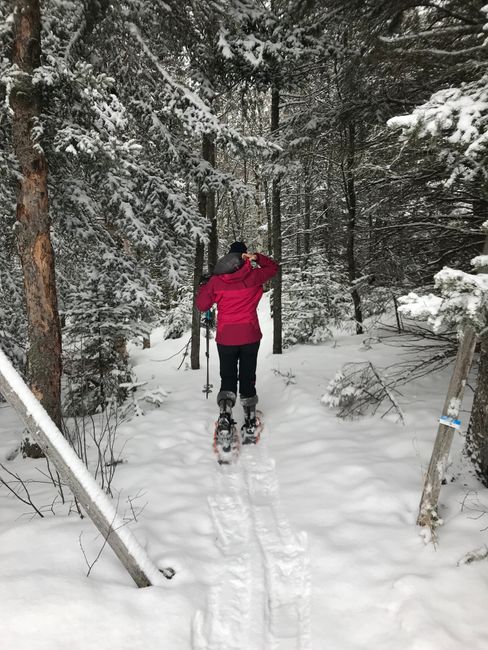
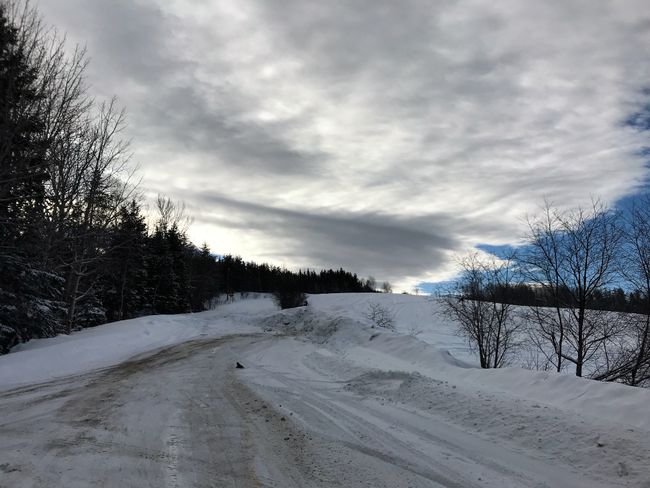
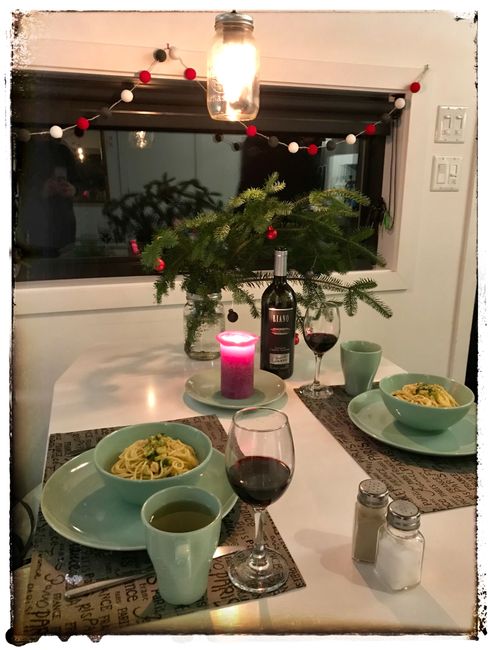
订阅时事通讯
In the Laurentians, on the banks of the St. Lawrence River, the third largest river in North America, lies the small village of Les Éboulements. The geography of the region was shaped by the impact of an asteroid with a diameter of approximately 2 km, 342 million years ago. The impact crater has a diameter of 54 km. Due to the elastic rebound of the Earth's surface, several ring-shaped trenches were formed, with a rise in the center. In 1965, pressure cones were discovered in the Precambrian, crystalline, and Paleozoic sediments, allowing for extensive conclusions about the impact and its effects. It sounds incredibly complicated, but it works just like a water droplet falling into water. Ring-shaped valleys are created by the displacement effect, with the droplet bouncing back in the middle. Clear so far? At the foot of the rock mass formed by the "rebounding" earth, in the midst of the boreal forest zone, is our Mashk cabin in the "Repère Boréal".
The Charlevoix region, a UNESCO Biosphere Reserve, is particularly popular in summer. In December, it is very quiet. As there is still little snow this year, it is even quieter. We spend our days on excursions and short hikes. First, we explore Baie Saint Paul with its narrow streets, small houses, shops, galleries, restaurants, and cafes. At Pedneault, we find typical products of Charlevoix and buy cider made from frozen apples from Isle aux Coudres, a little pâté, and a dried sausage. The cider is sensational with baguette, cheese, and pâté. The quiche and apple pie we devour at "Fraîcheur et Saveurs" are excellent. On a nice walk to the bay of Baie Saint Paul and across the hard snow that covers the fields, we burn at least part of the many calories we consume.
In Saint-Joseph-de-la-Rive, only the ferry is in operation. Everything else is closed in winter. We cautiously explore the ferry landing on the ice-covered side roads and squares. We give up the hike along the stream up to the old mill after the third really hairy passage, approximately in the middle of the trail. Wooden stairs that bridge steep sections and marshy areas are completely icy. We manage to cope going uphill, but the prospect of having to go back down is not exhilarating. One of our trips takes us to Tadoussac, to the Saguenay-Saint Laurent Marine Park, where whales and seals frolic in large numbers in summer, alongside tourists. In autumn, salmon swim upstream to their spawning grounds in the Saguenay River. The microbrewery is one of the few places open. A small platter and a great beer for refreshment, then we take a short walk around the mouth of the Saguenay into the St. Lawrence. This path is also heavily iced over, and the strong wind accentuates the low temperatures.
At the beginning of the week, ice floes float on the St. Lawrence River. The tides carry them in one direction and then in the other. A few days later, when we cross to Île aux Coudres by ferry, the ice dominates. In flowing waters, ice forms not only on the banks but also on the bottom, from where ice crystals and floes rise due to their lower density. Smaller pieces of ice gather on the river banks, forming floes that merge together. Ice particles float among the floes, resembling crushed ice. The water is viscous, as if there were an oil film on the surface. The ferry is able to break through the large floes, and it looks very cool plowing through the ice.
On Thursday evening, it finally snows. On Friday, we need snowshoes for the first time to go on the "Sentier le Paysan," which winds through several ridges in the forest and leads to a hill. Tired, we barely make it back to the car just before total darkness. The Toyota is covered in a fine, sticky layer of ice. Scraping it off is tedious, and it is even more tedious that the freezing rain immediately freezes again on the cold windshield.
On Saturday, we drive back to Quebec. We leave our Mashk somewhat reluctantly; we really liked it here. Since the sun is shining, we decide to take a little detour to see more of the area. The ride on the snowy and icy road comes to an abrupt end in a snowbank. The plow hasn't gone any further.
We wish you lots of fun, success, good health, and wonderful experiences in the new year. More from Quebec soon in this blog.
Ciao ragazzi...
The Repère Boréal:
订阅时事通讯
回答 (1)
Claude
Die Bilder des St.Lorenz Stromes sind für mich sehr eindrücklich - bin gespannt weitere Bilder zu sehen und mehr zu erfahren.